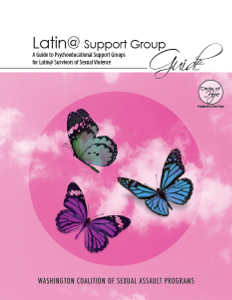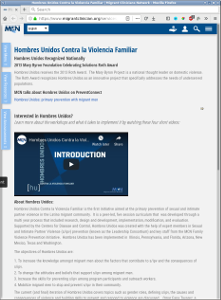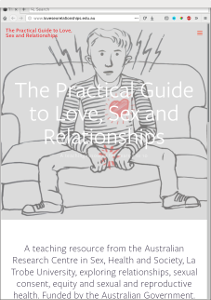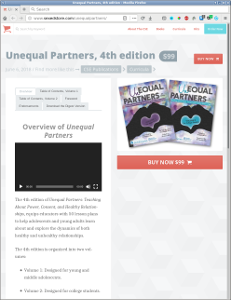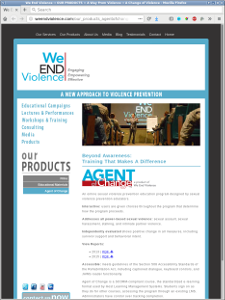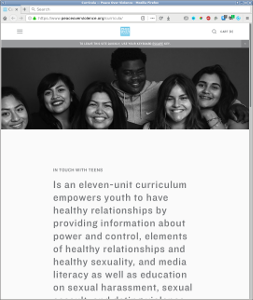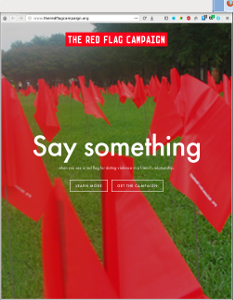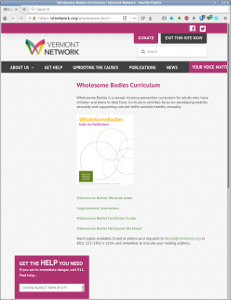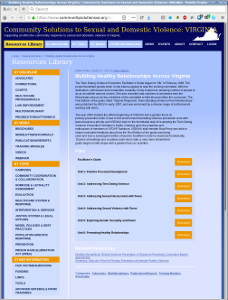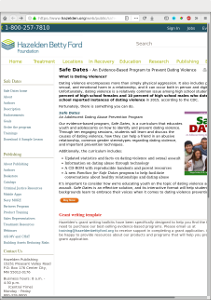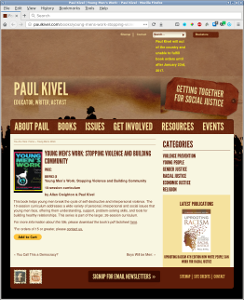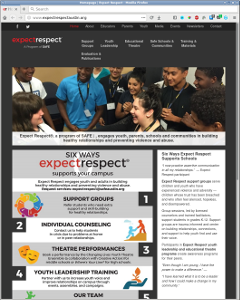The criminal justice system is not the only way for survivors of sexual assault to get their legal needs met. Because most victims never report to the police, most sexual assault victims are never involved in the criminal justice system. However, survivors may still have many legal needs that arise from being sexually assaulted.
Some issues that survivors may be concerned about, but do not necessarily think of as legal issues, are things such as:
- …
